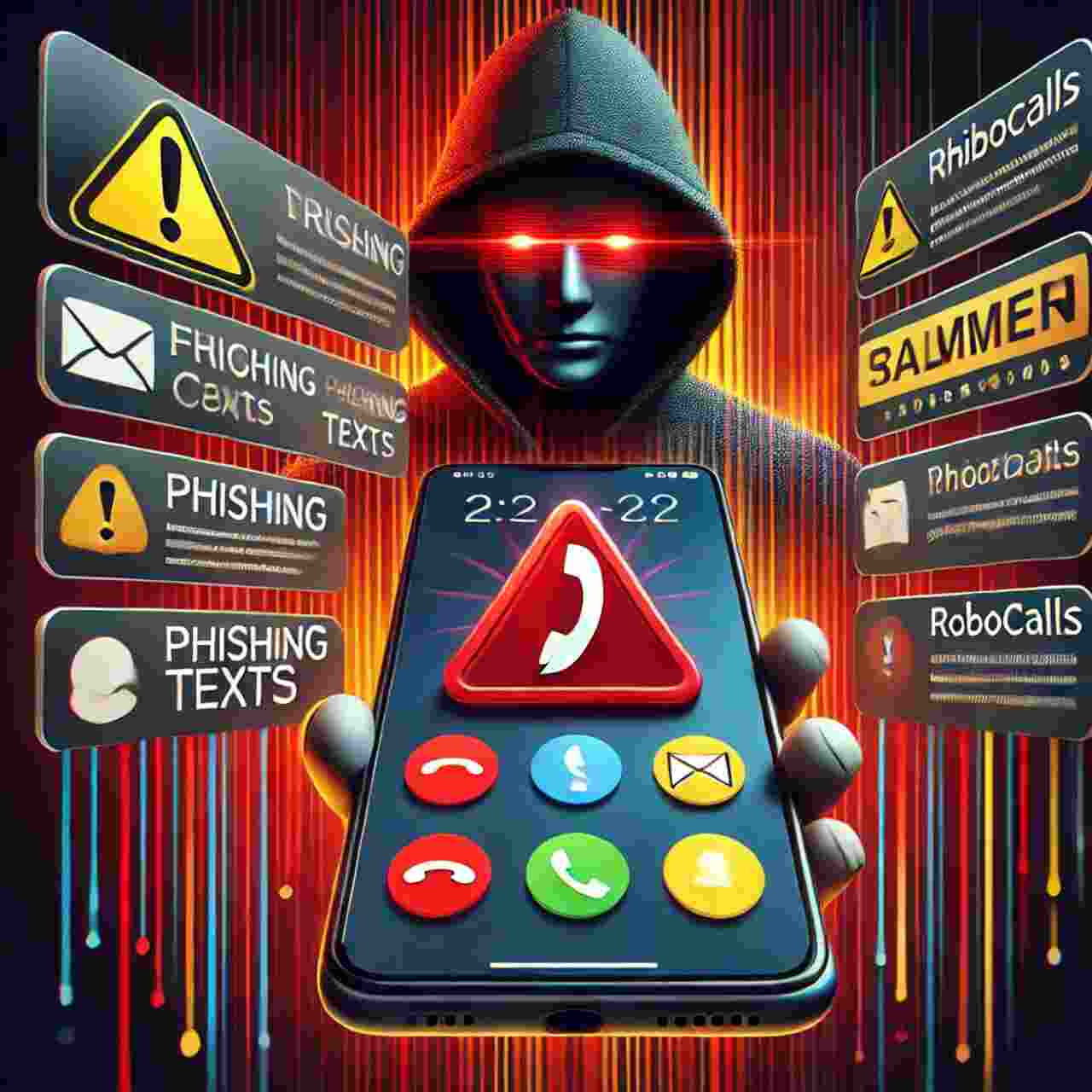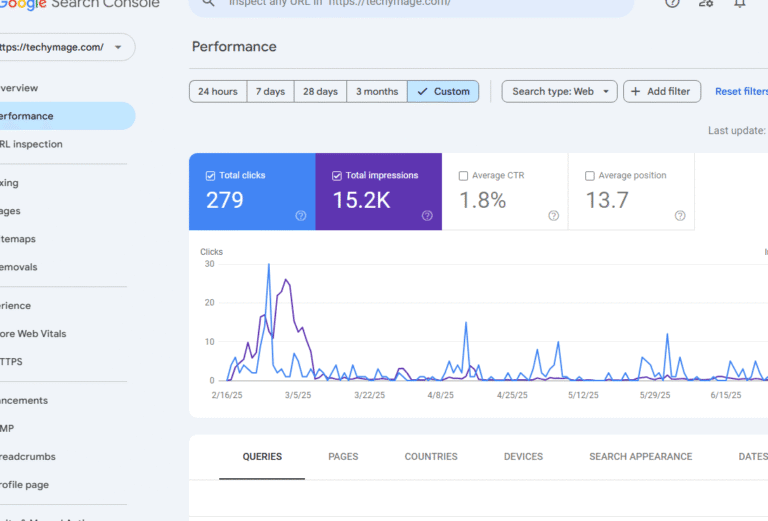
More and more people around the world are getting fake text messages and scam calls. Most people get unwanted calls from numbers like 866-914-5806, 39041 text, 771-444-5409, 407-235-7388, and 1-877-770-8065. These calls are mostly scams, robocalls, or phishing. This article will tell you about these scam numbers, how they work, and how to stay safe.
Getting fake calls and messages
Scammers use phone calls and texts to trick people, steal their personal information, or get them to make fake transactions. The calls could be pretending to be banks, government agencies, computer hardware support, or even family members in trouble.
Some common strategies are:
Impersonation scams happen when people pretend to be IRS, Social Security, or bank workers.
Scams for tech support—You get calls that
List of Scam Numbers to Avoid
The following numbers have been reported multiple times on platforms like TrueCaller and other scam-reporting websites. If you receive calls or texts from them, do not engage.
1. 866-914-5806 – Reported Scam Call
- This number has been flagged as a fraudulent robocall pretending to be a government agency.
- Many users reported receiving calls about unpaid debts or fake lawsuit threats.
- If you get a call from 866-914-5806, hang up immediately and block the number.
2. 39041 Text – Suspicious SMS Messages
- This is a known scam text number that sends phishing links.
- Users reported receiving messages about fake account security alerts and suspicious transactions.
- If you receive a text from 39041, do not click on any links or provide personal information.
3. 771-444-5409 – Fake Tech Support Call
- This number is associated with fraudulent tech support scams.
- Scammers claim your computer has a virus and request remote access.
- Never share your personal details or install software when prompted by callers from 771-444-5409.
4. 407-235-7388 – IRS & Social Security Scam
- Reports suggest this number is used for government impersonation scams.
- Scammers threaten legal action or claim unpaid taxes to scare victims into paying.
- The IRS never calls individuals demanding payment—if you get a call from 407-235-7388, ignore it.
5. 1-877-770-8065 – Fake Bank Alert Calls
- Several reports indicate this number pretends to be from major banks like Chase, Wells Fargo, or Bank of America.
- Callers claim suspicious activity on your bank account and request personal details.
- Never share sensitive banking information over the phone.
How to Protect Yourself from Scam Calls and Messages
To stay safe from scam phone numbers like 866-914-5806, 39041 text, 771-444-5409, and 407-235-7388, follow these simple security measures:
1. Do Not Answer Unknown Calls
- If the caller ID looks suspicious or is not saved in your contacts, avoid answering.
- Let unknown numbers go to voicemail—legitimate callers will leave a message.
2. Block and Report Fraudulent Numbers
- Use your phone’s built-in blocking feature to prevent repeat calls from scam numbers.
- Report scam numbers on platforms like TrueCaller, FTC (Federal Trade Commission), or local fraud agencies.
3. Never Share Personal or Financial Information
- Scammers often ask for your bank details, social security number, or passwords.
- Legitimate companies never request sensitive information over the phone.
4. Be Wary of Phishing Texts (Smishing)
- Scam texts like those from 39041 often include malicious links.
- Never click links or download attachments from unknown senders.
5. Install Call Blocking Apps
- Apps like TrueCaller, RoboKiller, and Hiya help identify and block scam calls automatically.
- Enable “Scam Protection” features on your smartphone.
Final Thoughts
Scam calls and fraudulent text messages are increasing, and numbers like 866-914-5806, 39041 text, 771-444-5409, 407-235-7388, and 1-877-770-8065 have been reported frequently. By staying alert, blocking suspicious numbers, and reporting scam activity, you can protect yourself from falling victim to these scams.
If you have received a suspicious call or text, make sure to report it on TrueCaller or the FTC website. Always prioritize your digital security and never share personal information with unknown callers.





